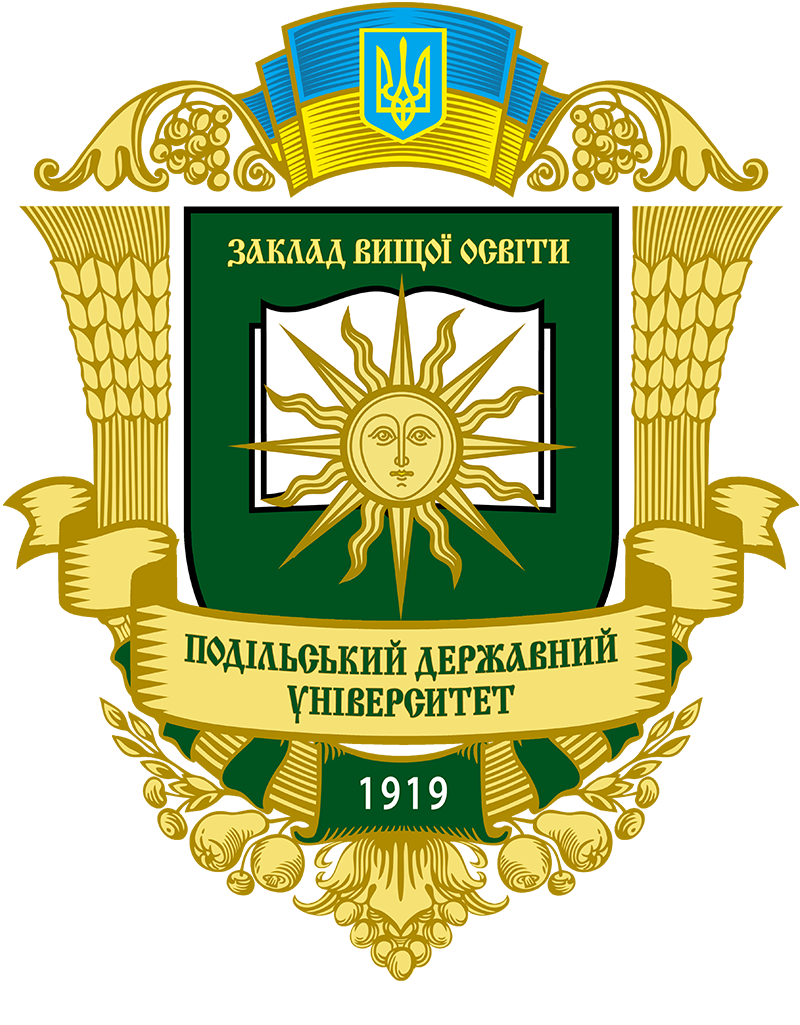MODERN MOTIVATIONAL STRATEGIES FOR LEARNING ENGLISH
DOI:
https://doi.org/10.37406/2521-6449/2024-2-1Keywords:
motivation, English learners, education, strategies, teaching-learning activitiesAbstract
This article explores the significance of motivation in the process of learning English as a second language, emphasizing its important role in enhancing student engagement and achievement. Various motivational theories are examined, including intrinsic and extrinsic motivation, and the ways they are applied to language learning contexts. The article also highlights effective motivational strategies that educators can implement, such as goal-setting, fostering a supportive learning environment, and managed multiple responsibilities. Through a review of recent studies and practical examples, the article aims to provide insights into how teachers can inspire and sustain motivation among English language learners, ultimately contributing to improved language proficiency and learner autonomy. Various factors that influence the motivation to learn foreign languages are suggested. Motivation for English language learners has already become personal issue. Dynamic and mindful student participation in improving the effectiveness of self-learning has been observed. Attention should be given to highly efficient strategies of learning process and, in particular, to some ways of enhancing the level of students’ learning motivation. The suggested options for motivation formation provide useful experience that can be used to increase students’ learning motivation in the process of language acquisition. Positive motivation will contribute to the personal development and effective professional training of qualified specialists, for whom the ability to speak English is one of the most important conditions for professional communication and successful work. The role, significance and interrelation of the motivational component in learning a foreign language are determined. In teaching-learning process, particular attention must be paid to the generation of conditions for extrinsic motivation through motivational learning strategies: creating basic motivational conditions, forming initial motivation, supporting and ensuring motivation, developing positive learning climate.
References
Cai X., Li Z., Zhang J., Peng M., Yang S., Tian X., Yang Q., Yan F. Effects of ARCS model-based motivational teaching strategies in community nursing: A mixed-methods intervention study. Nurse Education Today. 2022. 119, Article 105583. Retrieved from 10.1016/j.nedt.2022.10558
Camacho-Morles J., Slemp G. R., Pekrun R., Loderer K., Hou H., & Oades L. G. Activity achievement emotions and academic performance: A meta-analysis. Educational Psychology Review. 2021. 33(3). P. 1051–1095. Retrieved from https://doi.org/10.1007/s10648-020-09585-3
Cazorla K. C. Motivation for learning in students. Thesis. Retrieved from https://dspace.ucuenca.edu.ec/bitstream/123456789/23533/1/tesis.pdf
Don E. Hamachek. Psychology in teaching, learning, and growth. The United States: Allyn and Bacon. 2006. 539 p.
Dornyei Z. Motivation in Second and Foreign Language Learning. Language Teaching. 1998. 31. P. 117–135. Retrieved from http://dx.doi.org/10.1017/S026144480001315X
Ezzeddine N., Hughes J., Kaulback, S., Houk S., Mikhael J., Vickery A. Implications of understanding the undergraduate nursing students’ learning styles: A discussion paper. Journal of Professional Nursing. 2023. 49. P. 95–101. Retrieved from 10.1016/j.profnurs.202
Gardner R. С. Attitudes аnd Motivation in Second Language Learning. Encyclopedia of Language & Linguistics. 2006. P. 348–355.
Hu Chundiao. The English Teaching and Learning Methods. Beijing: Higher Education Press, 1990. 140 p.
Jia Guanjie. Psychology of foreign languages education. Guangxi: Guangxi Education Press, 1996. 224 p.
Maggiolini L. Motivational strategies in a digital age. Mobile phones and Dialnet. (24). 2013. P. 83–97. Retrieved from https://revistes.ub.edu/index.php/der/article/view/11278.
Sotomayor D. M. Social networks as motivation for learning: opinion of teenagers. INNOEDUCA. 2016. 2 (1). P. 20-28. Retrieved from https://doi.org/10.20548/innoeduca.2016.v2i1.1041
Thornhill-Miller B., Camarda A., Mercier M., Burkhardt J.M., Morisseau T., Bourgeois-Bougrine S., Vinchon F., Hayek S. El., Augereau-Landais M., Mourey F., Feybesse C., Sundquist D., Lubart. T. Creativity, critical thinking, communication, and collaboration: assessment, certification, and promotion of 21st century skills for the future of work and education. Journal of Intelligence. 2023. 11 (3). P. 1–32. Retrieved from 10.3390/jintelligence11030054
Верисокін Ю. І. Відео фільм як засіб підвищення мотивації учнів. Іноземна мова в школі. 2003. № 5–6. С. 31–34.








